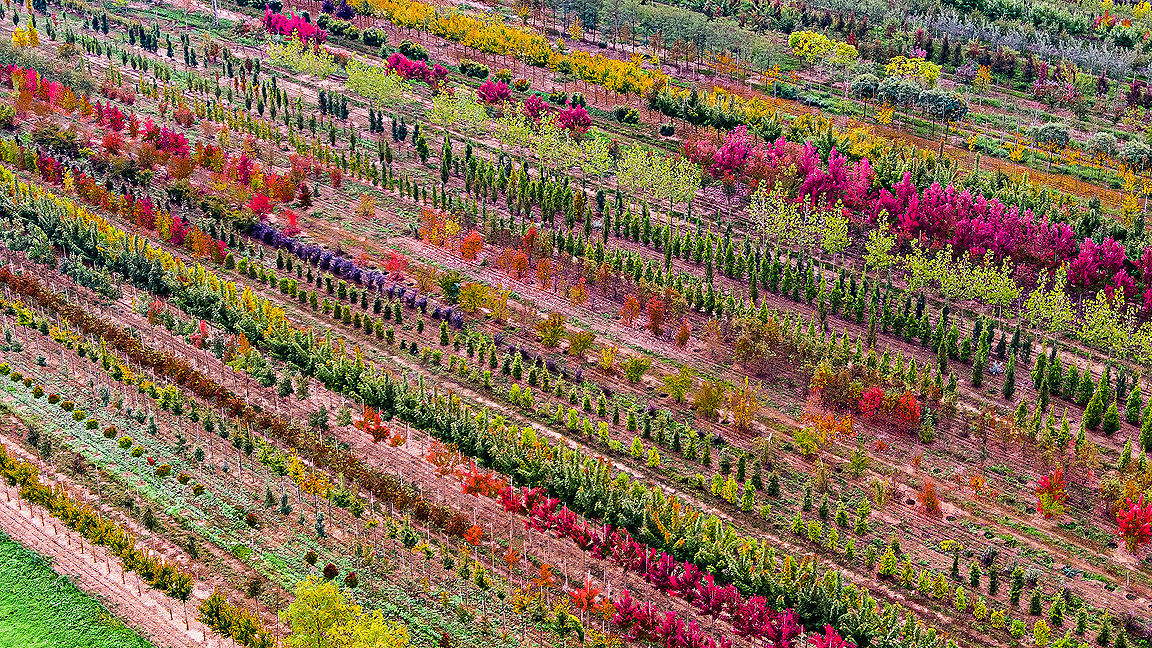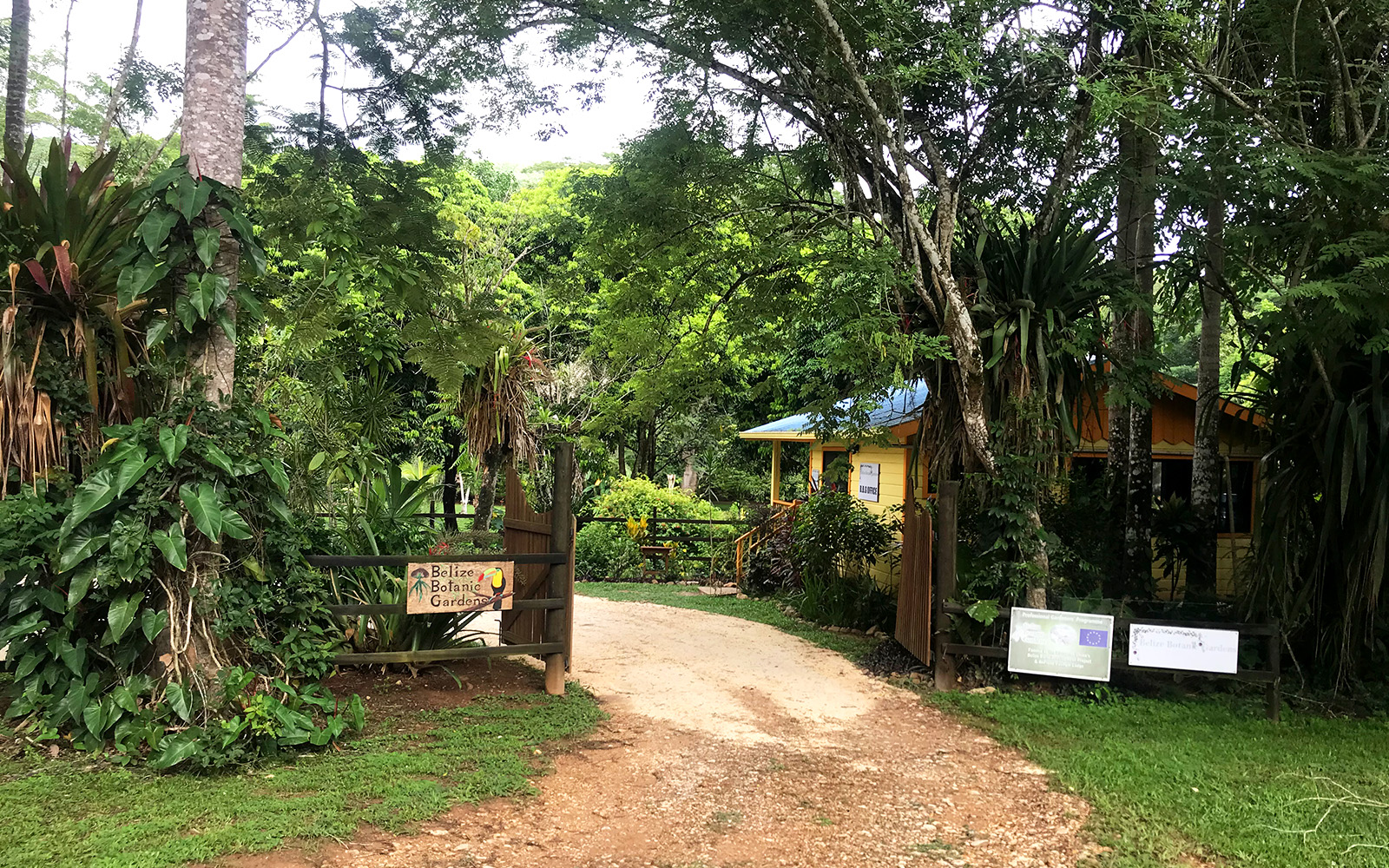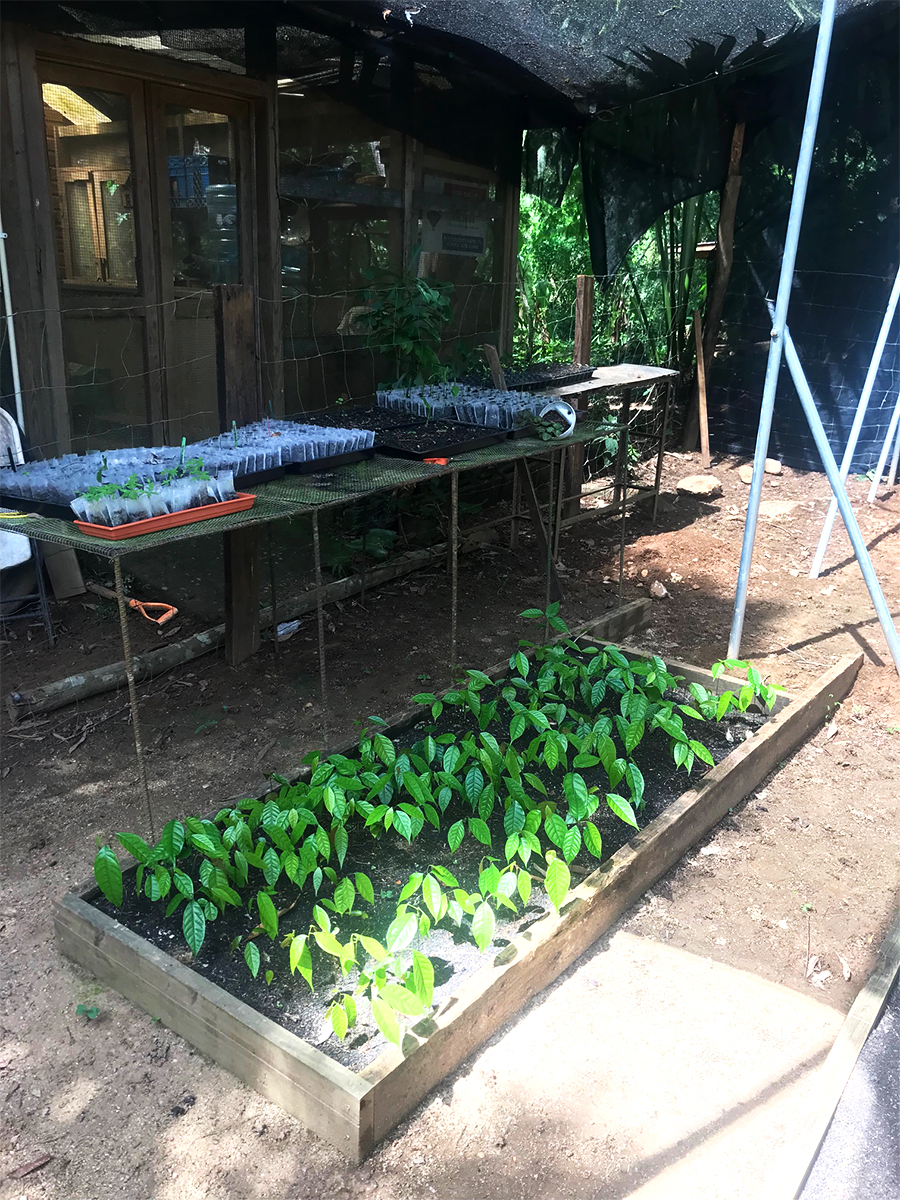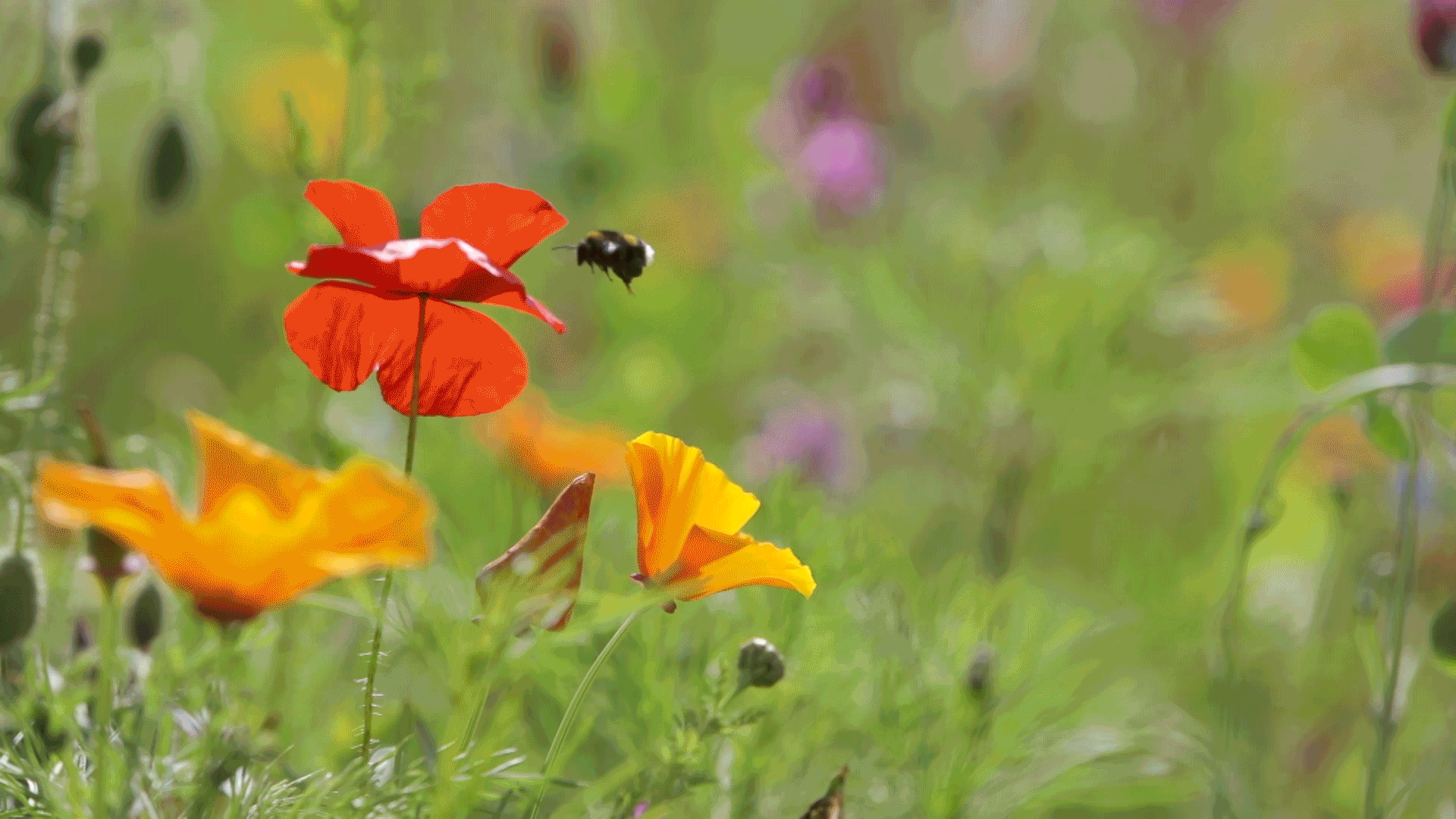
The Darwin Initiative is a pioneering UK government grants programme dedicated to biodiversity conservation and sustainable development in countries across the world.
Sponsored by the Department for the Environment, Food and Rural Affairs (Defra), the initiative aims to support efforts to preserve Earth’s precious ecosystems by providing funding to projects that focus on research, conservation, capacity building and education. As well as funding, it offers support in the form of expertise from some of the UK’s leading academic institutions and their international partners.
Since being established in 1992, the Darwin Initiative has awarded over £164m to 1,143 projects in 159 countries. That means the average project costs just shy of £144,000, which given the initiative’s impact makes for a pretty compelling story. So, what should we make of its work to date?
One man who knows the Darwin Initiative intimately is Neil Stuart, a geographer and senior lecturer at the University of Edinburgh, who has been involved in the project from its inception. He points out that the programme is unusual in that it is funded by Defra, a domestically focused department, but the vast majority of its work is carried out overseas.
The reason for that is not entirely altruistic. “The department has a remit for biodiversity. But because we're so biodiversity poor, the money is often best spent overseas,” says Stuart.
“The original idea was to spend the money in British Overseas Territories or in Commonwealth countries, but nowadays it's much broader than that. In fact, it can be any country and a lot of the recent funding has gone to Africa. It's very widespread now. In terms of spreading the good news, it's done really rather well.”
Making the most of resources
Typically, projects are fairly small and tightly focused on meeting a concern that is of direct relevance to local communities. “It's all about making that resource go as far as you reasonably can,” says Stuart. “Some countries are criticised for recycling aid money, where the money really gets spent mostly on their own staff. I genuinely think that the Darwin Initiative does it the other way around.”
It can also be said that projects do not tend to focus on biodiversity in isolation. Rather, they try to meet both environmental and social needs at the same time. “People are often highly dependent on their ecosystems – they need to make a living from them,” says Stuart.
“On the whole, my way into projects has often been to start from the other end, so looking at what we can do for the ecosystem and how we understand the pressures on it. How can we create this virtuous circle whereby conserving the environment you also create a livelihood and living for people?”
He adds: “Fundamentally, I think what I learned and what I believe is that the local people are usually the best custodians of the environment. In most cases they do a better job than large organisations.”
In addition to funding projects, the initiative also invests in education. Young people can be funded to come to the UK to study for a master’s, for example. “Then they go back to their home country and the condition of the programme is that they work in their home country for at least a few years afterwards,” says Stuart. “Part of the way in which I've been able to help is by training up the next generation of young folks.”
Boosting biodiversity in Belize
Over the years, Stuart has been involved with multiple projects in Belize and the latest project in the Central American country is a good example of the Darwin Initiative’s approach. The idea is to help smallholder farmers in Belize to experiment with growing a wider range of native plants and trees on their land. “When we think about smallholder farmers, having all your eggs in one basket can be a risky strategy if that one crop is affected by drought, pests or falling prices,” says Stuart.
“Instead, Belize has many native plants that are well-adapted to the local climate, but not everyone knows how to grow them. In this project, farmers will receive plants and training so they are encouraged to grow a more mixed range of native plants for food and shelter, with the possibility to sell any surplus.”
The project will be implemented by Belize Botanic Gardens (BBG) and will initially work with smallholder farmers in the Cayo District. Judy duPlooy, director of BBG, sees this an opportunity to apply the garden’s track record in growing native as well as exotic plants in a very practical way.
“Local people are usually the best custodians of the environment. In most cases they do a better job than large organisations” Neil Stuart, University of Edinburgh

Belize Botanic Gardens Main Entrance, Cayo District ©2024, Neil Stuart

Darwin Initiative funded new agrobiodiversity nursery under development at Belize Botanic Gardens, Cayo District © 2024, Neil Stuart
“Since the pandemic, the demand to learn how to grow your own food has soared,” she says. “Last year, we had a small project called ‘Gardens to Go’ in which people received a starter planting basket and training on how to grow them. We were amazed by the interest in growing, even if it was just in their backyard. This new project will allow us to scale up the variety of plants and training we can provide from our nursery and create demonstration plots.”
Rudy Aguilar, co-director and head gardener at BBG and a regular face on Cayo TV’s The Garden Show, agrees. “It’s not that farmers don’t want to change their ways or don’t understand the threats from climate change,” he says.
“They just don’t want to take the risk of trying something untested on their own land. That’s why this new project will focus on providing them with the know-how so they can first plant and grow the seedlings we provide them with and then with additional training be able to continue growing more successfully.”
As well as working with farmers and expanding the backyard gardening for people who don’t have their own farmland, the project will establish a demonstration garden at Galen University where people can learn about the lesser grown native plants and trees, as well as an agro-forestry plot in the Vaca Forest Reserve, with the support of Friends for Conservation & Development.
Zoe Goodwin, an expert from Royal Botanic Gardens Edinburgh, who has worked in Belize for many years, explains that “by including some endangered trees and plants into these baskets of plants we can promote growing more endangered species, which helps to restore biodiversity to the landscape.”
Duncan Macqueen, head of forestry at the International Institute for Environment & Development (IIED) phrases it in a different way. “We all need to eat and we all need to make a living,” he says. “This project is about thinking how smallholder agriculture can be part of a plan for restoring biodiversity to some of these degraded landscapes and giving individuals incentives to do so.”
It is abundantly clear that the Darwin Initiative has achieved a great deal in its now more than three decades long history - and on a really rather modest budget. But it has also evolved in significant ways, not least by moving from doing to enabling others to do it for themselves.

